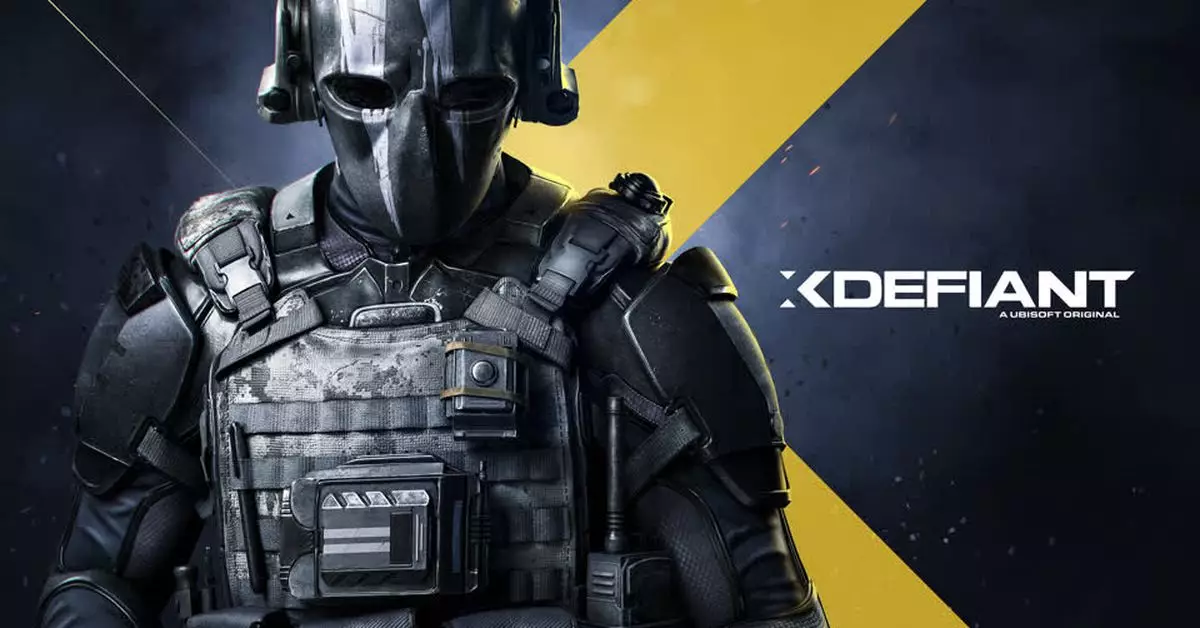Ubisoft’s recently announced decision to cease the development of XDefiant, its free-to-play team-based shooter, has raised eyebrows across the gaming community. Officially launched in spring 2023, the title seemed to carry the weight of great expectations. With an impressive closed beta boasting over 1 million players, XDefiant initially inspired confidence among developers and gamers alike. However, this early enthusiasm soon dissipated, mirroring the trajectory of previous Ubisoft endeavors, such as Hyper Scape, which also fell victim to unmet expectations. The reality is stark: what seemed like a promising addition to the shooter genre has swiftly transformed into another cautionary tale.
The Numbers Behind the Launch
At its peak, XDefiant reported surpassing 10 million players within just two weeks of launch. Such figures might suggest a bright future, yet they masked a deeper issue—sustainability. Despite the initial influx, player engagement rapidly dwindled, leading to troubling milestones. Reports indicated that active player counts across platforms plummeted to below 20,000, a number too low to support a healthy gaming ecosystem. This rapid decline highlights a critical flaw not just in the game’s design but in Ubisoft’s understanding of player retention, particularly in an era where competition among battle royale and team-based shooters is fierce.
As XDefiant heads toward its untimely obliteration, Ubisoft has expressed intentions to keep the servers operational for existing players until June 2025. This decision, while likely a move to maintain goodwill, does little to resolve the broader implications of the game’s cancellation. Current players can still experience in-game functionalities, including achievements and seasonal content, up until its final days. However, the crux of the issue lies in the company’s decision to end future developments after just a year. This halt sends a clear message: even with a semblance of a player base, a game devoid of strong community engagement and adequate support cannot thrive.
In light of the game’s discontinuation, Ubisoft’s announcement to refund players who purchased the Ultimate Founders Pack, as well as those who acquired virtual currency (VC) and downloadable content (DLC) in the months leading up to the shutdown, is a move designed to mitigate backlash. Yet, these efforts cannot overshadow the disappointment surrounding the game’s abrupt demise. The implications here extend beyond individual refunds; they serve as a reminder to the broader gaming industry of the need for sustained engagement and community focus in the lifecycle of a title.
Ubisoft’s challenges with XDefiant underscore a more significant trend in the gaming industry—launching games is only the beginning; nurturing them is paramount. As players become savvier, they require not only engaging content but also consistent updates and community involvement. XDefiant’s downfall serves as a crucial case study, highlighting the responsibilities developers hold in fostering gaming ecosystems that extend well beyond initial popularity. Going forward, lessons from this experience may guide both publishers and developers toward making more informed decisions in a landscape that’s perpetually evolving.


Leave a Reply